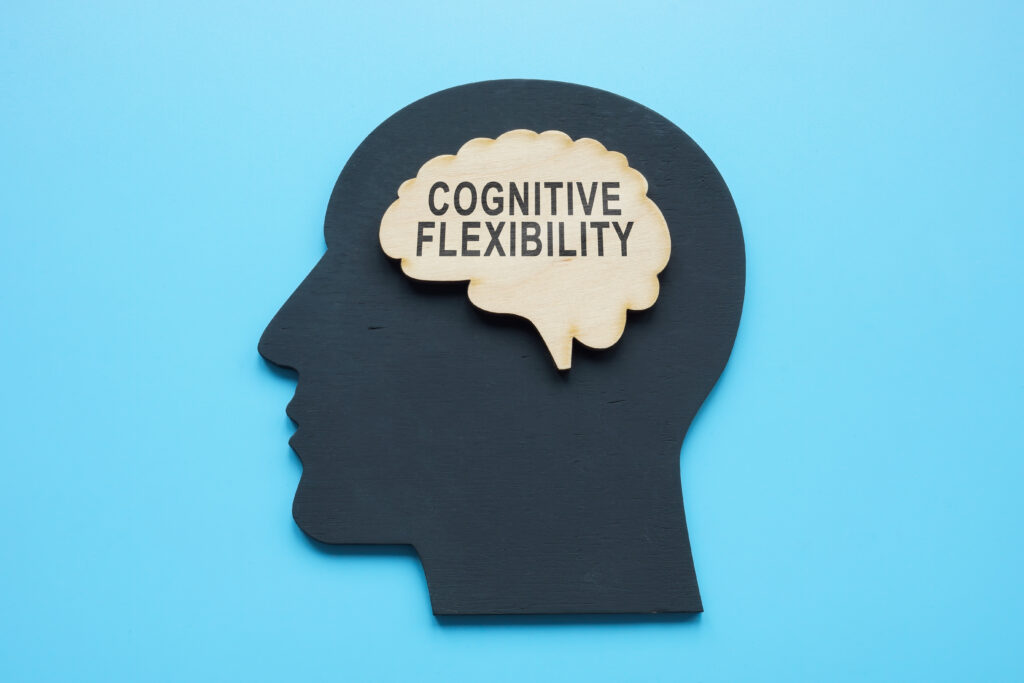Developmental delay refers to a condition where a child does not reach the expected developmental milestones at the appropriate age. It can affect a child’s physical, cognitive, social, and emotional development. This delay can have various causes and can range from mild to severe. Early identification and intervention play a crucial role in helping children with developmental delays reach their full potential. Let’s explore the treatment options available for children with developmental delay.
1. Early Intervention
Early intervention is the key to treating developmental delay. It involves providing specialized services and support to children with developmental delays and their families. These services are designed to help children catch up on their development and reach their full potential. Early intervention can begin as soon as a child is diagnosed with a developmental delay or even before that if there are concerns about the child’s development.
2. Individualized Education Plan (IEP)
An IEP is a customized plan created to meet the specific needs of a child with developmental delay. It outlines the child’s current level of development, sets achievable goals, and determines the services and support required to help the child reach those goals. An IEP is usually created by a team of professionals, including parents, teachers, therapists, and healthcare providers. It is regularly reviewed and updated as the child progresses.
3. Therapies
Therapies play a vital role in treating developmental delay. Depending on the specific needs of a child, different types of therapies may be recommended, including physical therapy, occupational therapy, speech therapy, and behavioral therapy. These therapies are designed to address specific developmental delays and help children build skills and confidence in areas where they may be struggling.
4. Medications
In some cases, medications may be prescribed to treat underlying conditions that may be causing or contributing to a child’s developmental delay. For example, if a child has ADHD or autism, medications may be used to manage symptoms that may be hindering their development. It is essential to work closely with a healthcare provider to ensure the safe and appropriate use of medications in children.
5. Supportive Services
In addition to early intervention, therapy, and medication, children with developmental delays often require additional support services to help them reach their full potential. These services may include special education programs, counseling, behavioral support, and community resources. Parents and caregivers may also benefit from support groups and resources to help them cope and manage their child’s developmental delay.
6. Parental Involvement
Parents play a significant role in the treatment of developmental delay. They are the primary caregivers and advocates for their child and are an essential part of the treatment team. Parents can work closely with therapists and healthcare providers to understand their child’s condition and learn strategies to support their child’s development at home. They can also monitor their child’s progress and communicate any concerns or changes in behavior to the treatment team.
7. Continued Monitoring and Support
Developmental delay is not something that can be “cured.” It is a lifelong condition that requires ongoing monitoring and support. Even after a child has caught up on their development and reached their goals, they may still need additional support to maintain their progress. Regular evaluations and check-ins with therapists and healthcare providers can help identify any new concerns or challenges that may arise as a child grows and develops.
In conclusion, treating developmental delay requires a comprehensive approach that addresses the specific needs of each individual child. Early identification and intervention, along with therapies, medications, supportive services, parental involvement, and continued monitoring, can help children with developmental delays reach their full potential and lead fulfilling lives. Every child is unique, and treatment plans must be tailored to the individual needs of the child. With proper support and intervention, children with developmental delays can thrive and achieve their goals.


